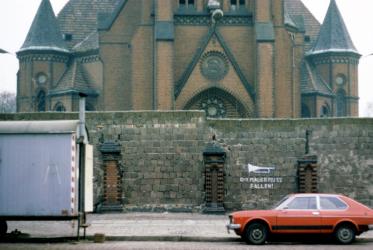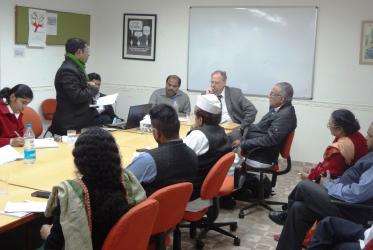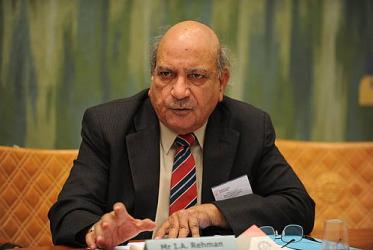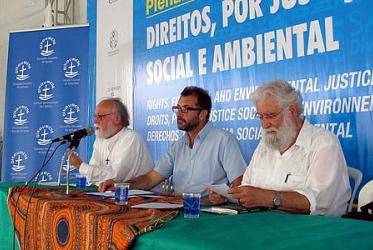Displaying 161 - 180 of 215
The Berlin Wall: looking back, looking forward
07 November 2014
Indigenous faith leaders reflect on resilience and climate change
23 September 2014
Indian churches speak against discrimination faced by Dalits
26 February 2014
WCC Assembly addresses contemporary public issues
08 November 2013
Assembly renews churches’ commitment towards justice and peace
08 November 2013
Dialogue on politicization of religion and rights of minorities
17 September 2013
Cold War politics and the world’s churches
04 September 2013
Concern and solidarity for Bangladesh
17 May 2013
WCC adopts statements on contemporary public issues
12 September 2012












